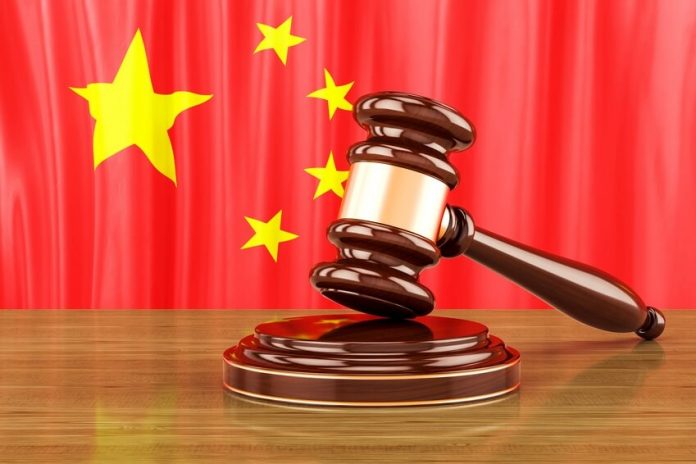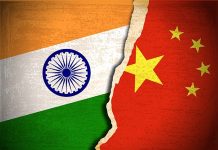Table of Contents
Introduction
China is a significant global trading force and economy with a unique political and legal system. These are the four primary ways in which Chinese law operates differently compared to other world democracies and their legal systems:
-
Common-Law versus Civil Law
It can be tough to navigate and interpret Chinese law without the knowledge of Mandarin Chinese. Schools like Yi Mandarin specializes in business mandarin and can significantly help you in making sense of a system that differs from Western legal systems.
Despite the official definition of being a ‘socialist legal system’, the People’s Republic of China (PRC) is predominantly based on the civil law model. The U.S., on the other hand, operates under a common law system. The Constitution of the People’s Republic of China remains to be the ultimate source of legal norms within China.
Courts interpret the ‘Civil law’ or ‘Code law’ and apply it to individual cases. This means that their precedential concept for case law isn’t strict and there isn’t a stare decisis principle that abides to it. The courts cannot develop their codes to apply to areas that weren’t covered by statutory laws, codes, and regulations. There’s also not a case or controversy requirement that’ll limit the Supreme People’s Courts’ decisions. The lower people’s court judges should follow the general law interpretations that they issue. However, in common law jurisdiction, the higher courts have the power to supervise, guide or even reopen a previously decided case at the lower court. It also leads to limited judicial autonomy with no finality concept for the court’s judgments and there are many laws contradicting each other.
However, there are exceptions to Hong Kong, as a former British colony, they practice a common law system, and Macau practices a legal system that’s based on Portuguese civil law system.
-
The Rule of Man versus the Rule of Law
Chinese legal system technically doesn’t have a court system that operates independently. The ruling Chinese Communist Party heavily influences it. It’s in stark contrast to Western democracies’ court systems, where a court system is a vital component of keeping checks and balances between different government branches.
Chinese government approves all judicial appointments and holds judges responsible to the Party, not the people. The legal system is open to government interventions in deliberation, overturning verdicts, and the ruling of laws’ reinterpretations. As such, the Chinese system lacks neutrality, consistency, and durability. It makes legislation imprecise and general, leaving people and their interests largely unprotected from government officials, institutions, and law excesses.
In contrast, countries with law system based on common law aim to secure and maintain the rule of law’ guided by four main principles:
- Accountability: This principle means that everyone is accountable under the law—both government and private actors.
- Just Laws: The laws are stable, understandable, and disclosed, applied impartially, protecting fundamental rights and security of human rights, property, and contract.
- Open Government: The open government refers to the processes that enact, administer, and enforce laws in an accessible, fair, and efficient way.
- Accessible Justice: Accessible justice means justice is delivered on time by independent, ethical, neutral, accessible, and competent representatives with adequate resources, reflecting the communities they serve.
-
Formal and Informal Legal Systems
There is a distinction between the formal and informal systems within Chinese law existing in different legal fields. Thereby, in the area of law-making, it’s possible to find:
- The officially promoted law.
- The living law (official law as it’s actually applied).
- The customary law of tradition and usages is practically recognized and adopted.
The law itself gets enforced through:
- Legal ruling through the courts.
- Mediation through neighbourhood committees.
-
Undefined Role of Attorneys
The Chinese law system and law education are relatively young, in the legal profession, they operate formally with the educated lawyers who passed the bar examinations, mediators and advisors, and even judges with little to no traditional legal training.
The attorneys’ role is mostly undefined, with an interpretation of some words posing some of the most prominent problems attorneys can face in Chinese courts. It’s especially true in Hong Kong, where many laws were adopted from British legal systems and have left the meaning of some words that were lost in translation. Having one attorney argue an interpretation of a word based on the Chinese language and the other attorney based on the British language yields opposite results.
The judicial system is still struggling to respond adequately to the rapid economic development demands and taking part in the global economy. Personal and business rights are still a new concept to many. Rather than contracts, handshakes, trust, and intuition can often be determining factors in forming business relationships.
Conclusion
Chinese law is susceptible to different interpretations and changes, with many formal and informal systems existing within various legal fields. Knowing business Chinese Mandarin can be of great help to navigate and successfully interpret laws and make business connections with contracts that will protect your business interests.
LawSikho has created a telegram group for exchanging legal knowledge, referrals and various opportunities. You can click on this link and join:
 Serato DJ Crack 2025Serato DJ PRO Crack
Serato DJ Crack 2025Serato DJ PRO Crack











 Allow notifications
Allow notifications


